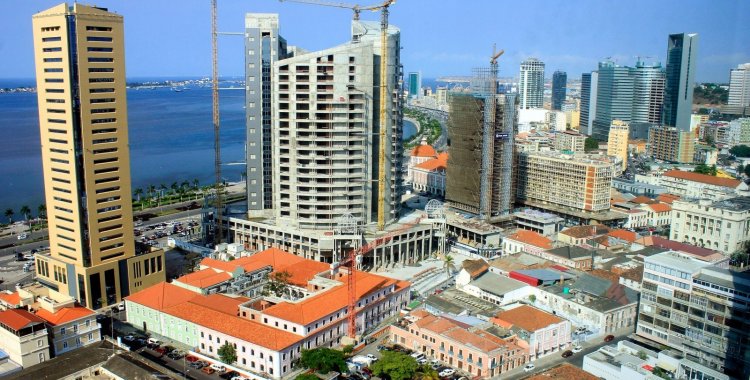"Our estimates show that the Angolan economy contracted 4.3 percent in 2020, and we expect a modest economic recovery of around 3.1 percent this year, due to the stabilization of oil production and the lifting of oil control measures. confinement, "reads an analysis of some African economies.
The Emerging Markets Analysis in Africa, sent to private creditors, and to which Lusa had access, points out that "the containment measures, supported by the effective management of the crisis and by a strong policy program implemented by the Angolan authorities, helped to mitigate the economic and health consequences of the pandemic shock. "
The document, which focuses on several sub-Saharan African economies and the region as a whole, recalls that the currency, the kwanza, depreciated 58 percent in 2020, "which mitigated the impact of falling oil prices on the budgetary position. and external "of Angola's public accounts.
Public debt, they add, suffered from this devaluation, which caused the ratio in terms of Gross Domestic Product (GDP) to rise "at a rapid pace to 122 percent in 2020".
Prolonged low oil prices are expected to continue like this in the coming quarters, which makes the IFI expect "that the current account will continue to post a deficit, around 5 percent, and that the external debt will continue to rise to around 90 percent. percent of GDP in 2022 ".
It is in this context that Angola's adherence to the Debt Service Suspension Initiative (DSSI) and the agreements reached with Chinese creditors are explained, which the IFI estimates will save the country around US $ 6.7 billion over the next three years. years.
"Debt restructuring will also bring gross financing needs down to around 10 percent of GDP in the medium term and help Angola reduce the volume of debt to a more manageable level", they write, concluding that, at the political level, the country "must remain stable, with a popular and reformist President".







